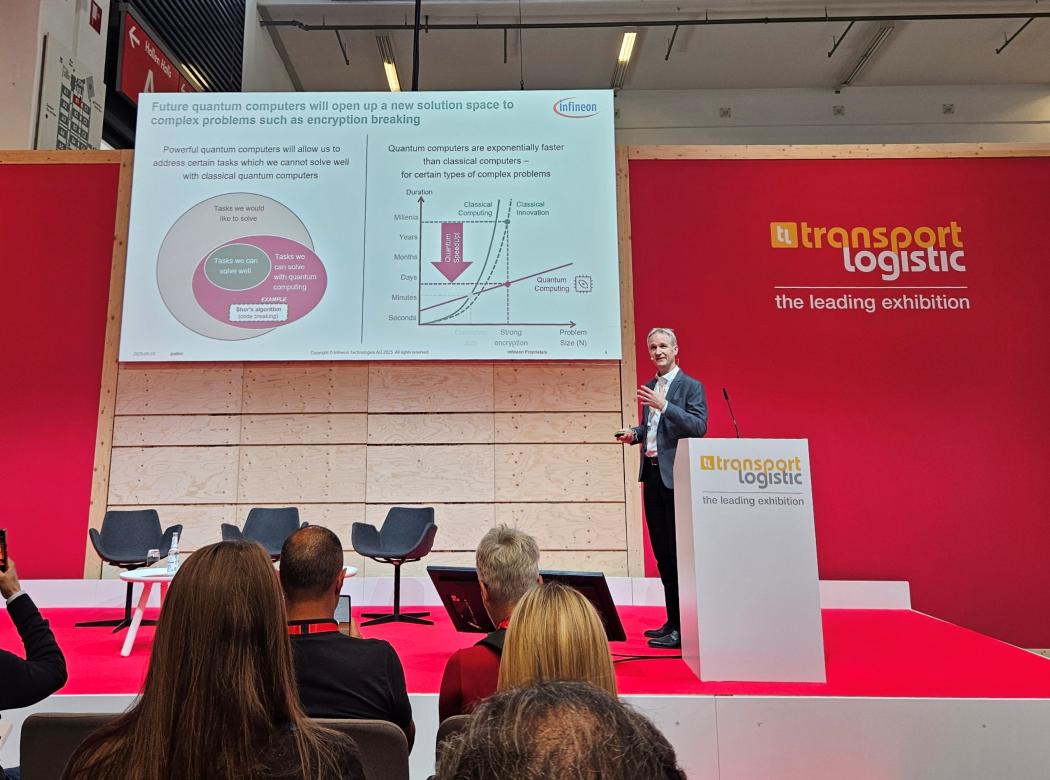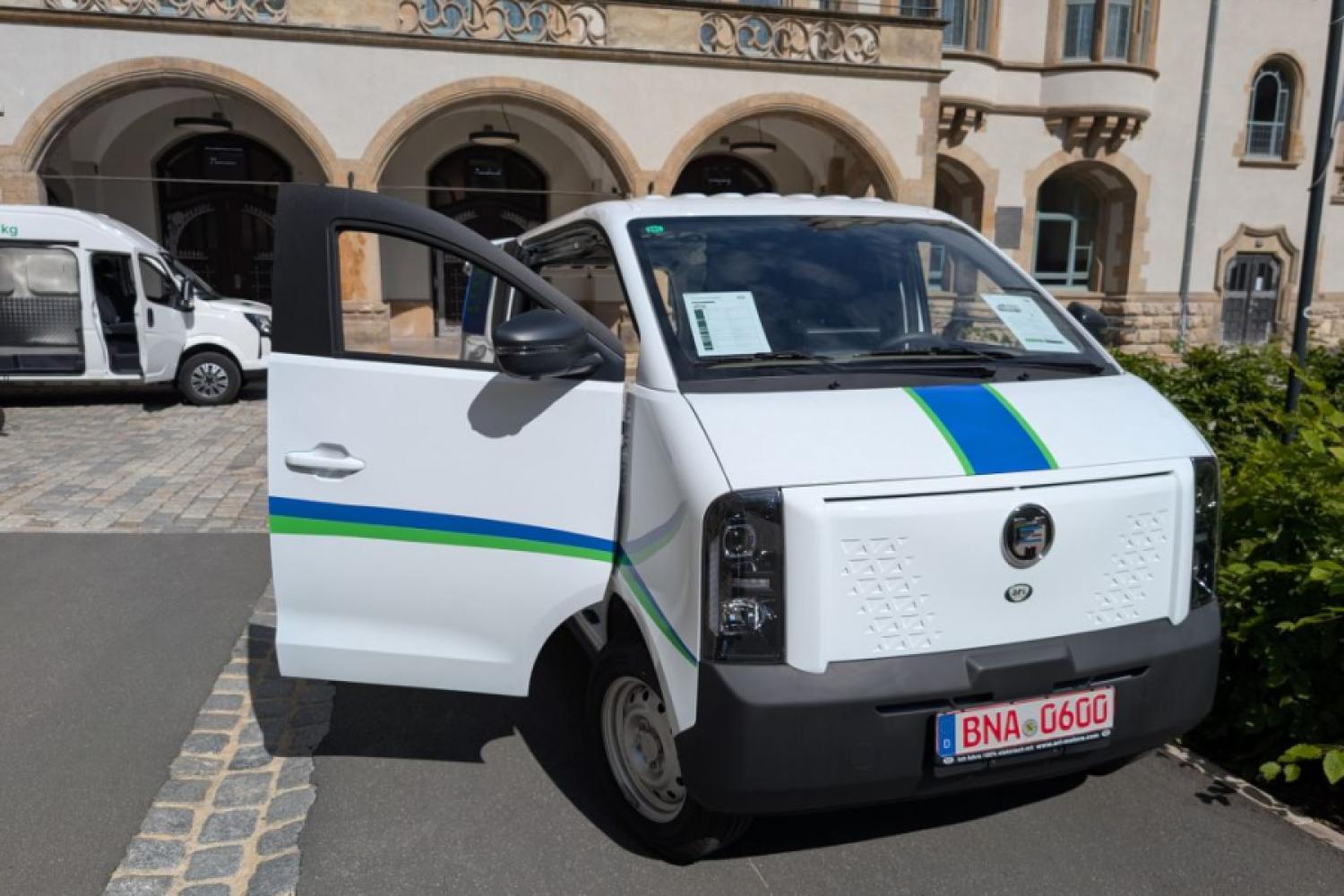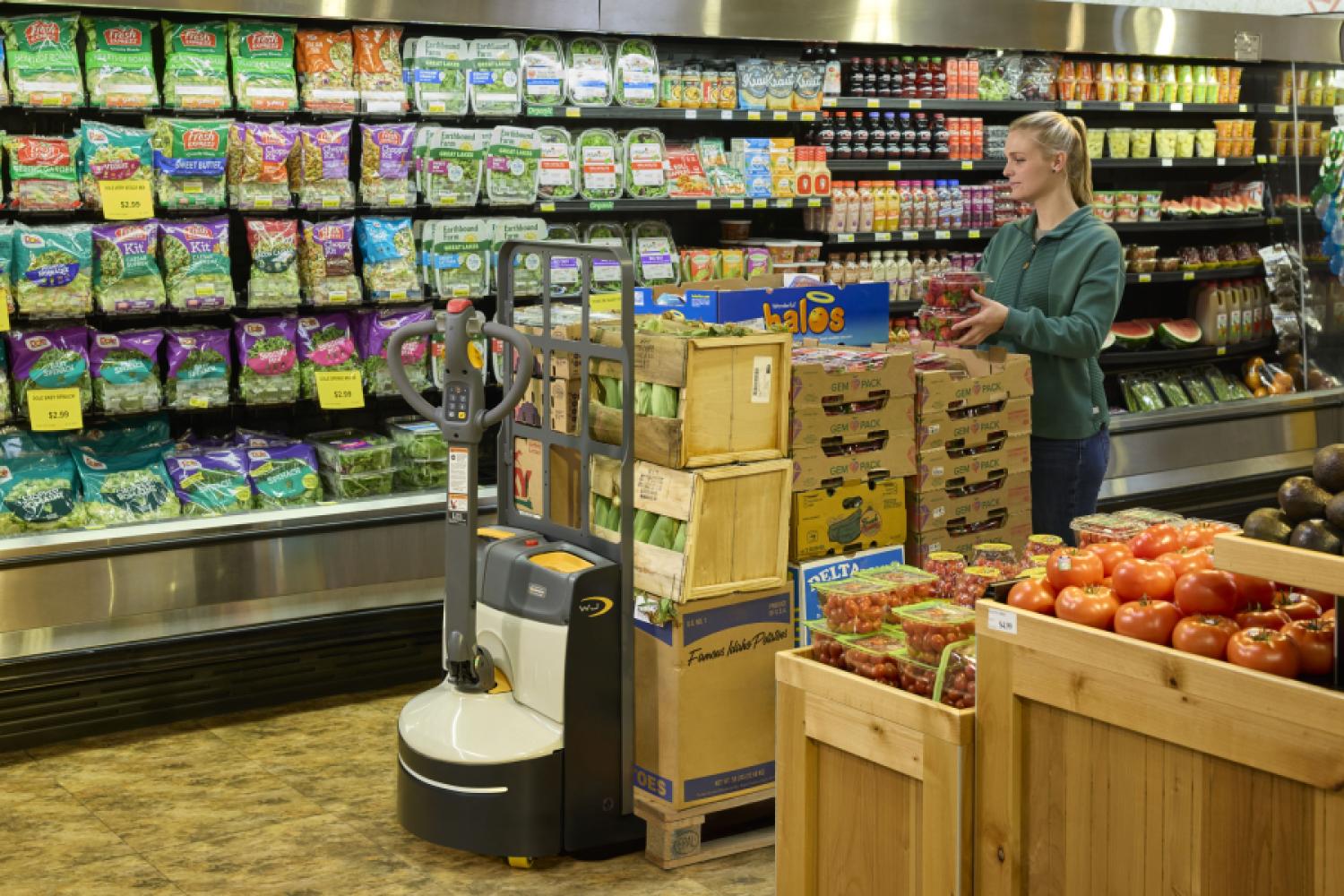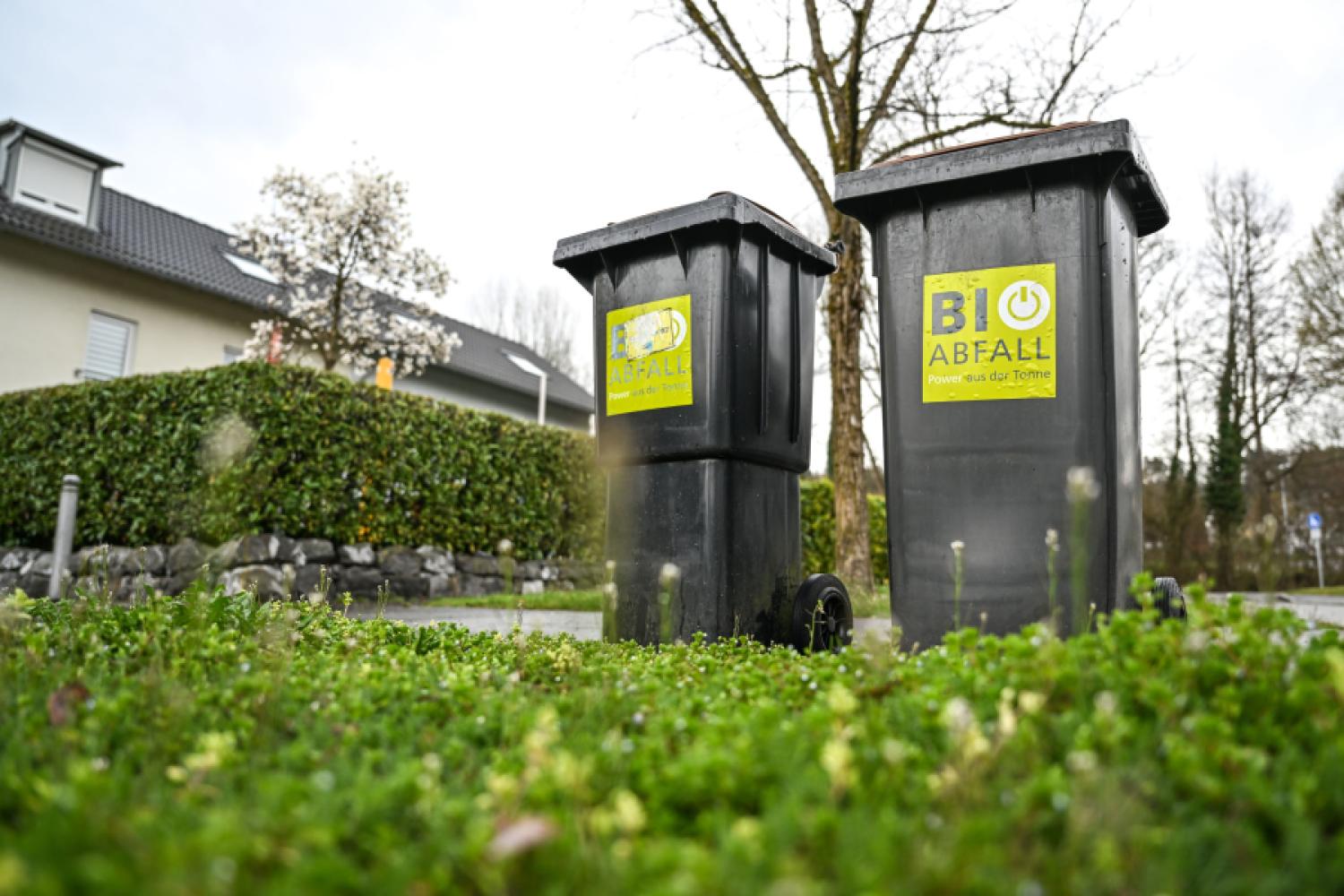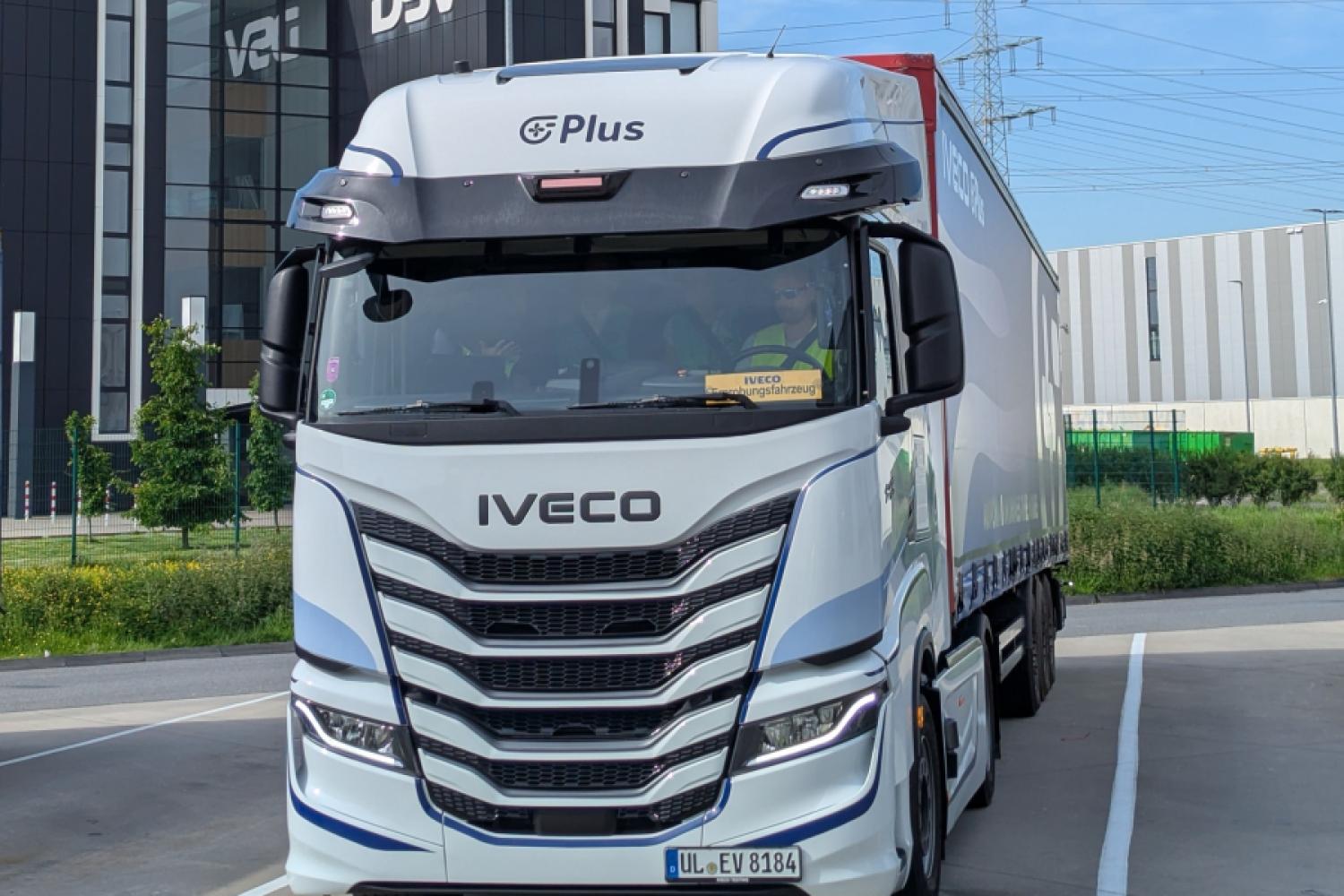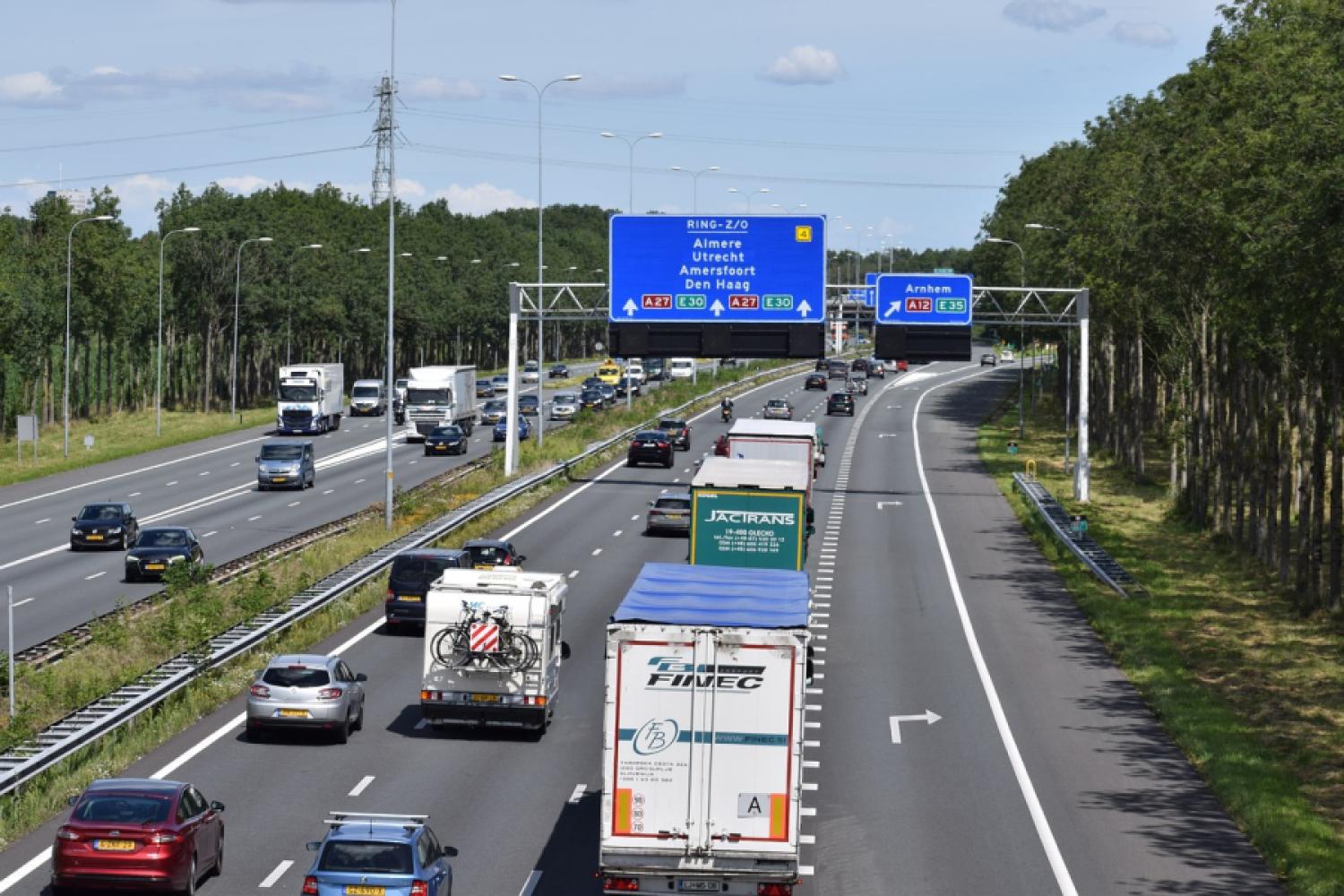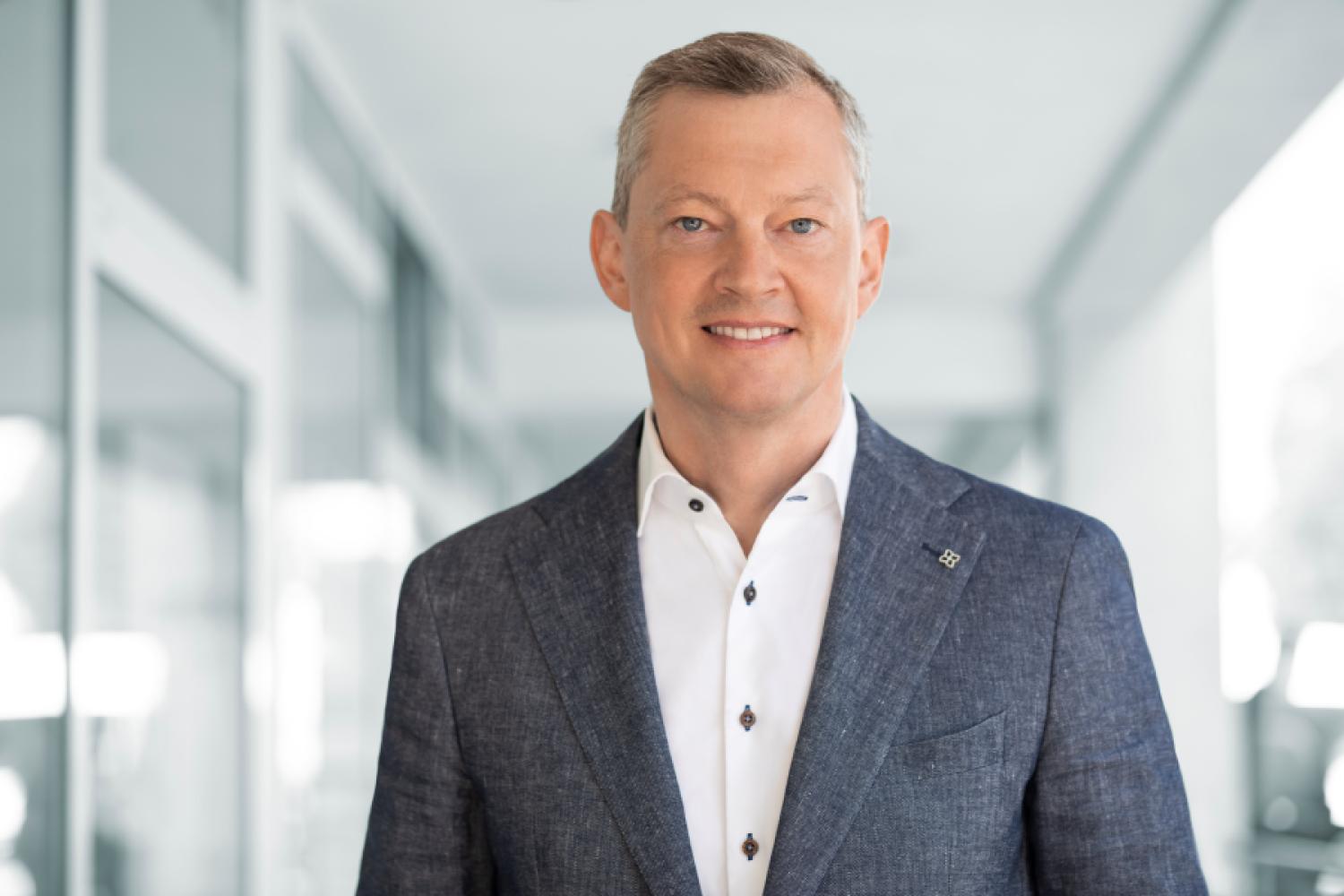"Quantum Computing Meets Logistics" was the topic on June 3rd in the conference program of the transport logistic: In three specialized lectures, the potentials of quantum technology for logistical challenges were examined. The event on this seemingly niche topic was well attended – and this despite the fact that there were no physicists and only a few computer scientists in the audience, as Dr. Sebastian Luber, Senior Director of Technology & Innovation at Infineon Technologies, determined through a survey at the beginning of his lecture. "In the future, quantum computers with their enormous computational power will enable a new solution space for complex problems," said Luber.
He assumes that quantum computers will not
replace classical computers and artificial intelligence, but will complement them, since the technologies have different qualities: While quantum computers can perform specific complex calculations with a large solution space exponentially faster than classical computers, the latter are significantly more flexibly applicable. Infineon expects that logistics optimization will be one of the first commercially relevant application areas for quantum computers. "We are currently investigating the potential for quantum computers in optimization problems within Infineon's supply chain," said the Senior Director of Technology & Innovation at the semiconductor specialist. Infineon is also developing chips for the different quantum technologies: ion traps, superconducting circuits, and quantum dots in SiGe.
Digital Twin of the Rail Network
"Quantum
computing has been part of Deutsche Bahn's digital strategy since 2020. As a use case, we have defined a digital twin of our rail network," said Manfred Rieck, Vice President Individual Solution Development at DB Systel, in his lecture. In the long term, the company wants to solve combinatorial optimization problems (Traveling Salesman) – for example, with a view to its network, i.e., finding the shortest route for different combinations of stations. The problem here: With 20 stations, there are already 60,822,550,204,416,000 possible routes. The combination of these for DB's 5,500 stations will also be solvable by a quantum computer in the future. Currently, DB is testing quantum computing, among other things, for
the simulation of capacity management based on ICE schedules.
"The automotive supply chain is one of the most complex supply chains of all – which makes it predestined for quantum computing applications," said Dr. Johannes Klepsch, Product Owner Emerging Technologies at the BMW Group. The automaker wants to focus its quantum activities on concrete applications and is pursuing two development directions: from application to technology and vice versa. No company can tackle the creation of a quantum ecosystem alone, said Klepsch. BMW is therefore involved, among other things, in the "QUTAC" initiative, in which 13 large companies want to formulate the German industry's requirements for the future commercialization and industrialization of quantum technology.
